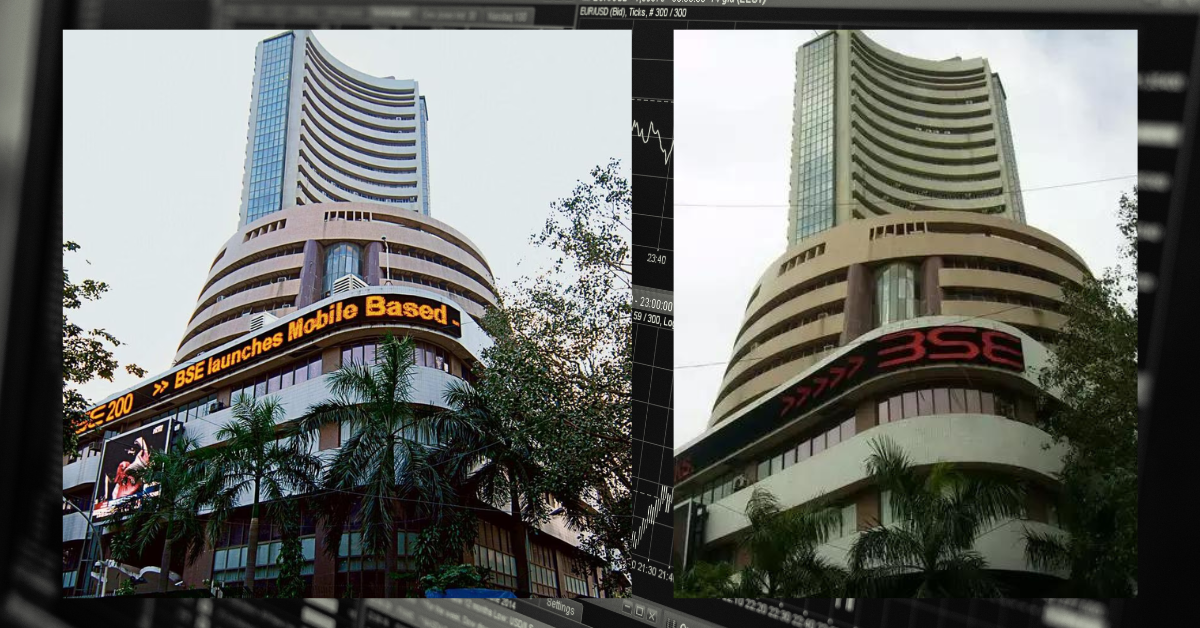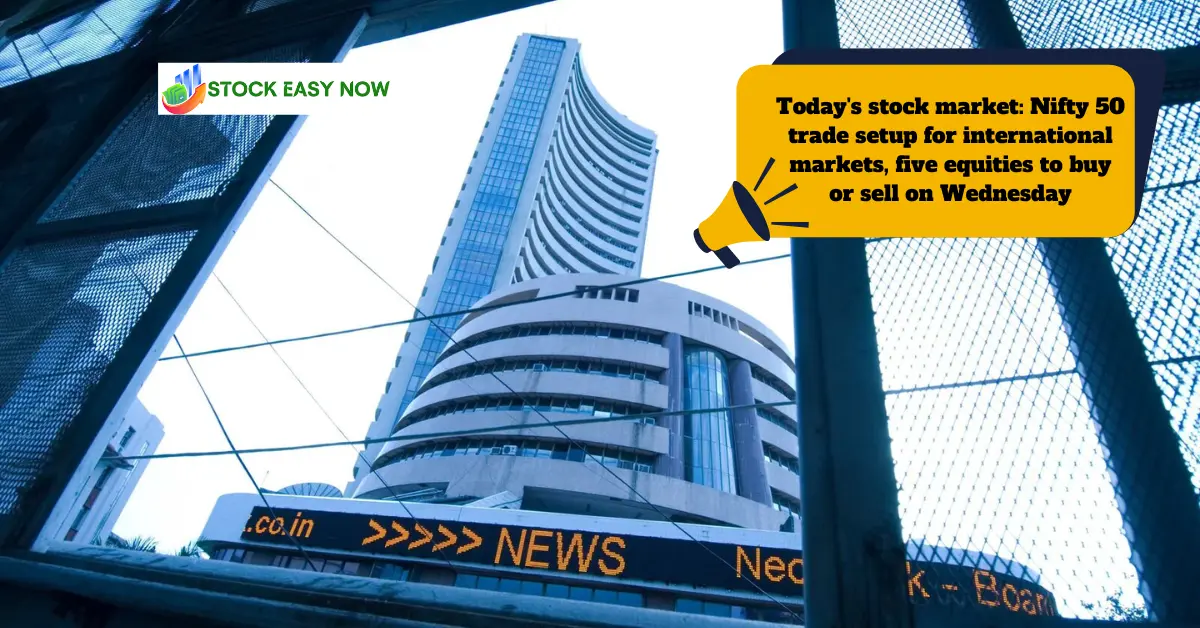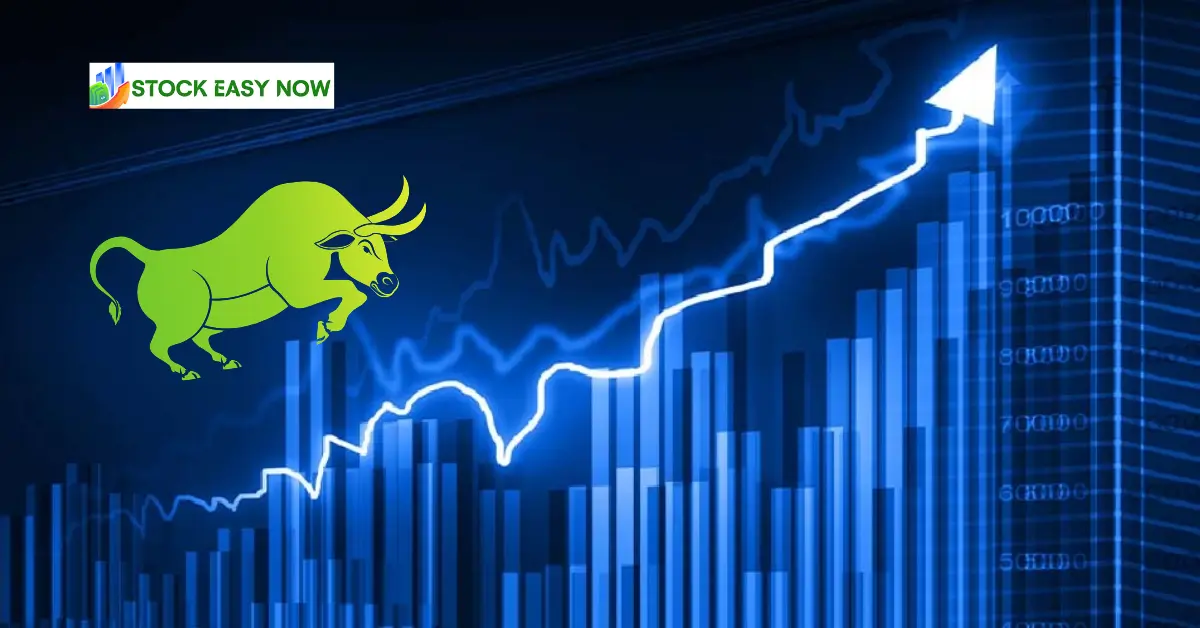BSE share price: So far in 2023, the BSE share price has increased by more than 360%, providing investors with multi-bagger returns. On Monday, the stock rose more than 3% to a new 52-week high of $2,595.00 per share, extending gains for the seventh day in a row.
According to brokerage firm Sharekhan, despite a stellar rally, BSE shares have more than 25% upside potential because the exchange is expected to deliver robust earnings due to increased volumes in equity derivatives.
The Bombay Stock Exchange (BSE) is currently experiencing notable momentum in the volumes of equity derivatives. However, this surge is predominantly concentrated around the expiry day. In response to this market trend, BSE has recently implemented tariff adjustments, specifically targeting the Sensex 30 running weekly expiry contract. This strategic move highlights BSE’s proactive approach to managing the dynamics of equity derivatives trading, emphasizing its commitment to fostering a well-balanced and adaptable market environment.
The brokerage firm expressed optimism, stating, “Our anticipation is that the escalation in volumes for the long-dated Sensex-30 contract, along with a gradual increase in Bankex volumes, will serve as catalysts for accelerated growth in both volume and revenue. This, in turn, is expected to contribute to improved operating leverage, particularly as substantial investments have already been made. Additionally, the clearing charges imposed are likely to see a significant reduction owing to the uptick in volumes.”
Furthermore, BSE is acquiring market share in the derivatives sector at a rapid pace. Its expiry day market share is even higher and has been growing much faster than its market share based on monthly premium turnover, which reached about 4.5% in November.
Operationally speaking, the brokerage anticipates that once the derivative segment begins to contribute significantly to the top line from FY25E onwards, BSE’s core EBITDA margins will have increased significantly from their current levels. This is because the majority of fixed costs have already been incurred, and variable costs will be minimal. Operational leverage will therefore manifest.
Clearing charges are a major fixed cost. Due to an increase in volumes in recent months, BSE’s clearing charges on derivative contracts have decreased from ₹280 per million to ₹180 per million. This will decrease even more as volumes increase.
With effect from November 1, 2023, the BSE has raised the tariffs on equity options from ₹50 per million to ₹260 per million (on a blended basis). At this time, the increase is limited to the Sensex weekly contract.
After this week, the company will progressively raise the tariffs on Bankex and Sensex contracts as long as volumes continue to rise at sustainable levels. Higher fees, however, have not been accounted for in the estimates and could therefore present an upside risk. Furthermore, more long-term contract volumes would enable higher premiums to be fetched, boosting transaction revenues, according to Sharekhan.
The BSE share price has a 25% upside potential.
A major driver of the market continues to be the increase in overall volumes of equity derivatives and the progressive escalation of tariffs on Bankex and Sensex contracts after this current week.
According to Sharekhan, BSE should generate strong revenue, EBITDA, and earnings CAGRs of 35%, 84%, and 62% between FY23 and FY26.
It has advanced its valuation to FY26E and increased earnings estimates, accounting for a larger market share in equity derivative volumes and higher operating leverage margins.
With a target price of ₹3,130 per share, the brokerage maintains its positive outlook on BSE stock, indicating a gain of more than 25% from Friday’s closing price.
The price of a BSE share was 0.29% higher at ₹2,505.95 per share at 12:45 p.m. on the BSE.





